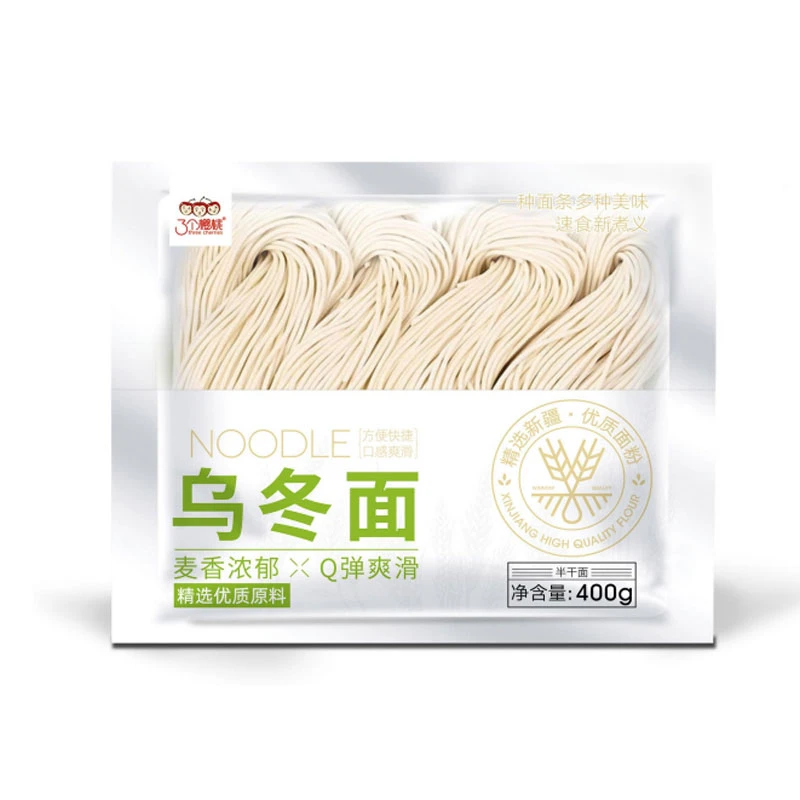Do Homemade Noodles Require Drying Before Cooking for Best Results
Do Homemade Noodles Need to Dry?
Noodles are a beloved staple in many cultures around the world, and making them from scratch can be a rewarding experience. While there are countless ways to prepare noodles, one common question arises do homemade noodles need to dry before cooking? The answer to this question varies based on the type of noodle you are making, how you intend to use them, and your personal preferences.
Understanding Noodle Types
Homemade noodles can be categorized into two main types fresh and dried. Fresh noodles, such as those made with eggs or wheat flour, are typically cooked immediately after being formed. They have a tender, soft texture that many people find appealing. Dried noodles, on the other hand, are dehydrated and can be stored for longer periods. They tend to have a firmer texture and need to be cooked in boiling water before consumption.
The Drying Process
Drying noodles is essential if you intend to store them for future use. The drying process removes moisture, which helps prevent spoilage and allows for longer shelf life. When homemade noodles are placed in a well-ventilated area, the air circulation aids in evaporation, effectively drying out the noodles. If you choose to dry your homemade noodles, there are several methods you can employ
1. Air Drying Lay the noodles out on a clean, dry surface or hang them on a drying rack. This method is simple and requires no special equipment.
2. Using a Food Dehydrator If you have a food dehydrator, it can expedite the drying process. Set the temperature according to the manufacturer's instructions, and in a few hours, your noodles will be ready for storage.
do homemade noodles need to dry

3. Oven Drying If you don't have a dehydrator, you can use your oven at a low temperature. Place the noodles in a single layer on a baking sheet and leave the oven door slightly ajar to allow moisture to escape.
When To Skip Drying
If you plan to use your homemade noodles immediately, drying is usually unnecessary. Fresh noodles can be prepared and cooked right away, offering a delicate texture that many people prefer in dishes such as ramen or fettuccine. However, for certain recipes like lasagna, using fresh noodles can alter the dish's overall structure and cooking time. In this case, consider whether your sauce will adequately cook the noodles during the baking process.
Benefits of Drying Noodles
1. Extended Shelf Life Dried noodles can last for months, making them a convenient option for quick meals. 2. Improved Texture Some cooks appreciate the firmer bite that dried noodles offer, as they can hold up better in soups and stews.
3. Versatility Dried noodles can be easily rehydrated and used in various recipes, allowing for more culinary experimentation.
Conclusion
Whether to dry homemade noodles comes down to your specific needs and how you plan to use them. For immediate consumption, fresh noodles do not require drying, while those intended for long-term storage generally benefit from the drying process. Your choice may also depend on the type of dish you're preparing and your personal taste preferences. Whether you enjoy the tenderness of fresh noodles or the firmer texture of dried ones, making noodles from scratch is a fulfilling culinary endeavor. Embrace the art of noodle-making, and explore all the delicious possibilities that come with it!
-
Is Whole Wheat Pasta Healthy?NewsMay.30,2025
-
Are Soba Noodles Good for Weight Loss?NewsMay.30,2025
-
Are Buckwheat Soba Noodles Healthy?NewsMay.30,2025
-
Are Buckwheat Soba Noodles Gluten Free?NewsMay.30,2025
-
Are Buckwheat Noodles Good for You?NewsMay.30,2025
-
A Healthy Way to Savor Soba and Spicy FlavorsNewsMay.30,2025
-
What Are Lanzhou Noodles?NewsMay.30,2025
Browse qua the following product new the we

















































































































